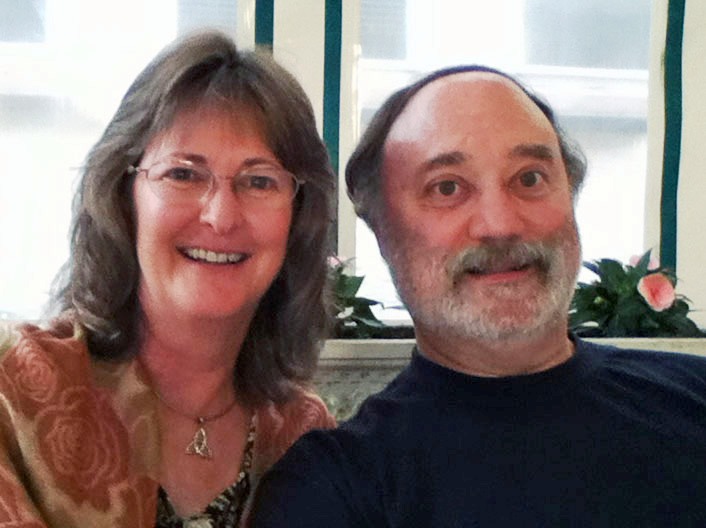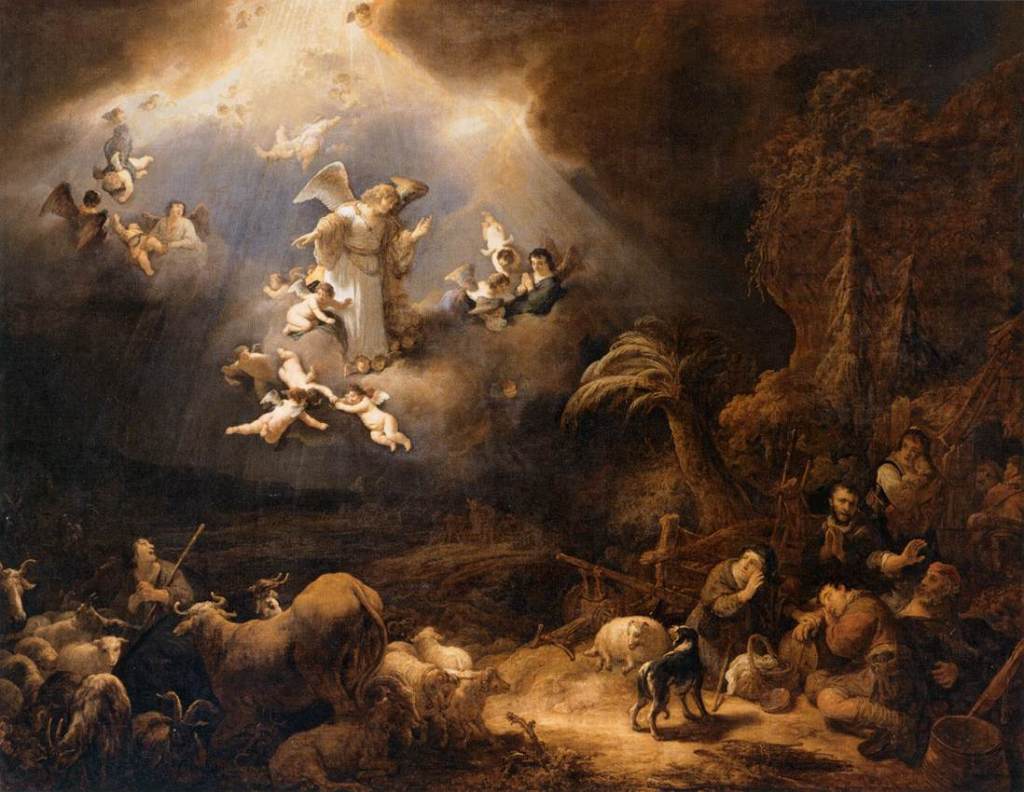Dear Brothers and Sisters in Christ,
 As the traditional day for celebrating the birth of Jesus, Christmas provides the church its focal point for gratefully acknowledging the Incarnation of the Son of God. In response to this historic event, the angels joyfully praised God (Luke 2:13) as they watched God’s master plan unfold. I believe this is significant to notice. The angels rejoiced because they knew it was God’s desire to be reconciled to his children, and that in Jesus, the children would be reconciled to their Father.
As the traditional day for celebrating the birth of Jesus, Christmas provides the church its focal point for gratefully acknowledging the Incarnation of the Son of God. In response to this historic event, the angels joyfully praised God (Luke 2:13) as they watched God’s master plan unfold. I believe this is significant to notice. The angels rejoiced because they knew it was God’s desire to be reconciled to his children, and that in Jesus, the children would be reconciled to their Father.

The Incarnation is not only for humanity and our reconciliation to God; it is also for the Father whose purpose has always been to be reconciled to his children. As fully God, Jesus acts in the role of the reconciler, and as fully human, he acts in the role of the one reconciled. Because he worked for both God and humanity, I fondly refer to Jesus as a “double agent.” But unlike other double agents, Jesus was loyal to both parties. One of my favorite secret agents, James Bond, temporarily saved the UK and the world from terror and ruin as he awaited his next assignment. But Jesus, through his one assignment, redeems and saves the whole world for eternity.
Whether or not the birth of Jesus occurred on December 25 is not important; what is important is that it did occur and is a real event to be celebrated. In Christmas celebrations, Christians honor the reality of the one plan of redemption throughout history—a plan brought about by Jesus Christ, who fulfills the promise to Abraham: “As many of you as were baptized into Christ have put on Christ. There is neither Jew nor Greek, there is neither slave nor free, there is no male and female, for you are all one in Christ Jesus. And if you are Christ’s, then you are Abraham’s offspring, heirs according to promise” (Galatians 3:27-29 ESV). As the one true son of Israel, Jesus is the answer to and fulfillment of all of God’s promises. “For all the promises of God find their Yes in him. That is why it is through him that we utter our Amen to God for his glory” (2 Corinthians 1:20 ESV).
As you know, God made a covenant with Israel: “If you obey me fully and keep my covenant, then out of all nations you will be my treasured possession. Although the whole earth is mine, you will be for me a kingdom of priests and a holy nation” (Exodus 19:5-6). Unfortunately, Israel as a nation was not faithful to the covenant as the prophets repeatedly warned: “They have turned back to the iniquities of their forefathers, who refused to hear my words. They have gone after other gods to serve them. The house of Israel and the house of Judah have broken my covenant that I made with their fathers” (Jeremiah 11:10 ESV).
It is only in Jesus’ total obedience as a human son of Israel that the covenant is fulfilled. He is the true Israel of God. He inherits the Abrahamic promises on behalf of of all Israel. And that’s good news for all people because the eternal Son of God, through his Incarnation, became the second Adam—the representative for all humanity. Therefore we rest on his perfect obedience. As our great High Priest Jesus acts in our place and on our behalf. In this way, all who “belong to him” are included in God’s “Yes.” “Know then that it is those of faith who are the sons of Abraham. And the Scripture, foreseeing that God would justify the Gentiles by faith, preached the gospel beforehand to Abraham, saying, ‘In you shall all the nations be blessed’” (Galatians 3:7-8 ESV).
In his book, Incarnation, T. F. Torrance makes the point that Jesus is the fulfillment of the prophecies:
If it is the historical factuality of Jesus that is of controlling importance, then that Jesus must be presented as really embedded in history, embedded therefore in the hard stubborn history of Israel. That is precisely the case with Jesus (p. 16).
Jesus is God in the flesh. He is Israel in his humanity so that in him God and humanity are brought together in flesh and blood, in time and space, in person.
As I said before, Jesus is a true double agent—always for us, always on our side, the only one who has redeemed and saved all. And also like a double agent, not everything is transparent. Jesus’ mortal humanity concealed his divine identity. In commenting on Paul’s thoughts to the Philippians, Karl Barth says the following:
[Jesus] puts himself in a position where only he himself knows himself in the way that the Father knows him. In the unknowability into which he enters, it is now certainly the Father’s part to reveal him. But the step that brings him into that unrecognizable condition, into the incognito, is grounded entirely in himself alone… He exists in such a way that to any direct, immediate way of regarding him—e.g. to the historical and psychological approach—he does not present the picture of his proper, original, divine Being, but solely the picture of a human being (The Epistle to the Philippians, p. 63).
What becomes revealed in Jesus is that the Triune God cannot be known in a true and saving way by mere mortals. So God the Father in the person of Jesus, reveals the divinity of his Son by the Spirit. And that revelation can only come about by grace which, at the same time, reconciles and redeems us. Knowing God in Jesus the incarnate Son transforms us in every way. That is why Jesus said, “All things have been handed over to me by my Father; and no one knows the Son except the Father, and no one knows the Father except the Son and anyone to whom the Son chooses to reveal him” (Matthew 11:27). The early church put it this way: “Only God knows God and only God reveals God.”
Here’s a related quote I much enjoy from N. K. Gupta:
Christ by becoming a mortal, accepted slavery to those cosmological forces that lord over humanity. But, like a true “double agent” of popular espionage, he never forsook his true allegiance to God or his status as Son of God… Christ is ingeniously able to nullify their own power through the ultimate act of eschatological reversal: his own death and resurrection that is capable of being shared by others” (Horizons in Biblical Theology, 32.1, pp. 1-16).
At Christmas we rejoice along with the angels in this great reversal. We celebrate Jesus’ perfect obedience, which fulfilled the covenant on our behalf. We celebrate that Jesus is the one true son of Israel, and because we are in him, by faith we share with him in the covenant promises. We celebrate that Jesus never forsook his allegiance to God nor his allegiance to humanity. We celebrate the redemption we have in Christ our Savior. We celebrate the Incarnation.
Merry Christmas!
Joseph Tkach
PS: For a parody of the rock anthem “Bohemian Rhapsody” that powerfully recounts the Nativity story, watch the video at http://youtu.be/pW1pbuyGlQ0.



